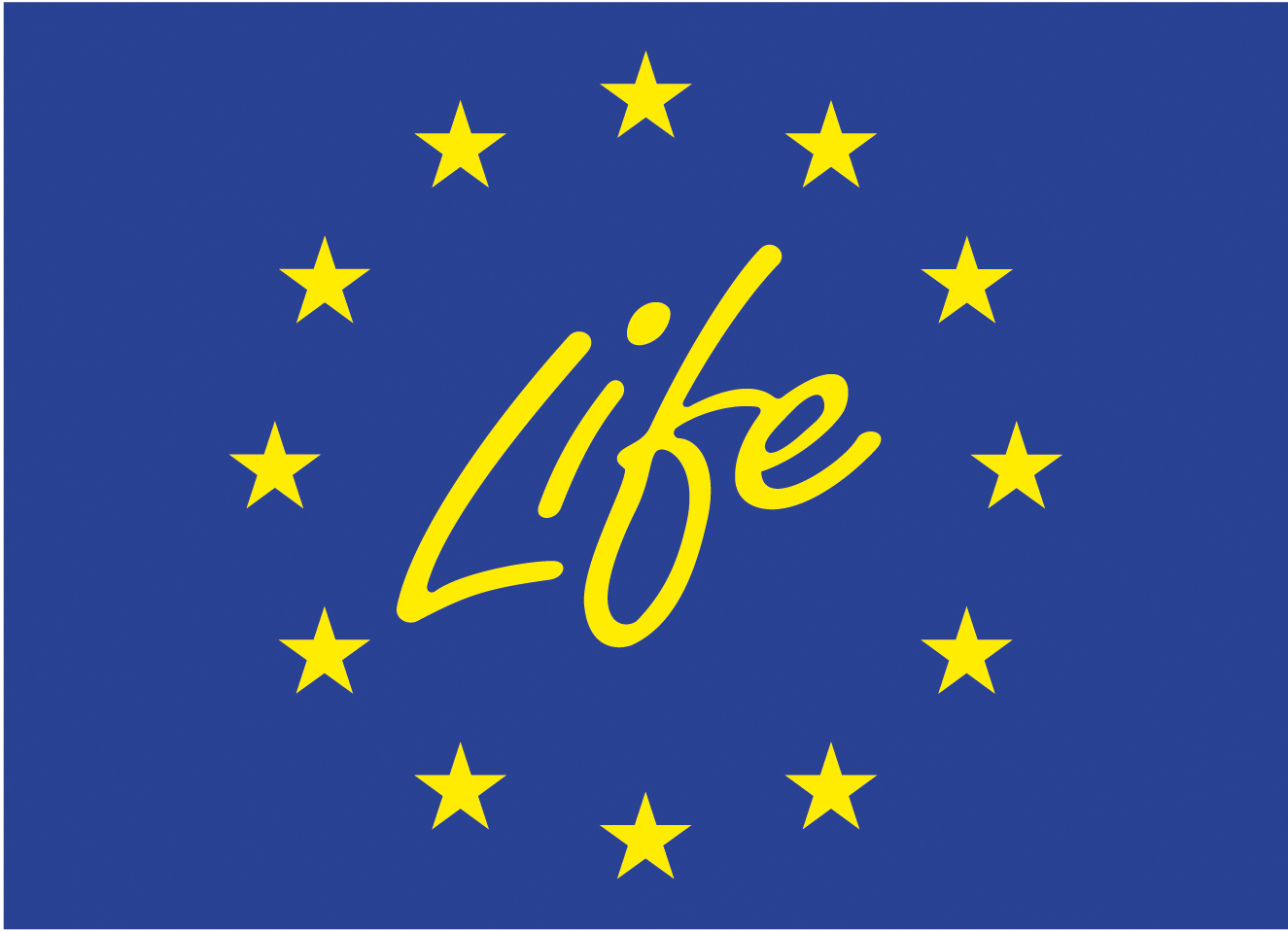For a just transition to align the EU food system with the Green Deal – 26 May 2021, online
French and European food systems need to be transformed to address health, environmental and social challenges. However, the current policy measures fostering this transition are not ambitious enough, as their socio-economic costs are generally deemed to be too high.
In this context, IDDRI, a think tank aiming at facilitating the transition towards sustainable development, developed a new methodological framework combining environmental and socio-economic modelling to identify policy drivers for a just transition of food systems by 2030. They present this framework in the study ‘Towards a just transition of food systems – Challenges and policy levers for France’.
Based on the indicative decarbonisation pathway for the agricultural sector from the French National Low-Carbon Strategy, IDDRI develops two different scenarios for the evolution of the French food system to assess their impacts by 2030 on two key sectors: dairy cattle and arable crops. Together these account for 70% of the utilised agricultural area (UAA), 52% of value creation in agriculture and 40% of value creation in the food industry.
On 27 May, IDDRI held a webinar to present the key messages. Key stakeholders of the European food systems discussed the policy implications of the study. The study’s authors, Pierre-Marie Aubert, IDDRI, Baptiste Gardin, IDDRI, and Christophe Alliot, BASIC, were joined by IFOAM Organics Europe’s President, Jan Plagge. They made up the panel, along with Emmanuel Faber, O2PB Chairman and chDanone former Chairperson & CEO; Christiane Lambert, President of COPA-COGECA; and Tassos Haniotis, Director of Strategy, Simplification and Policy Analysis, DG AGRI.
If you missed the event, watch the replay on IDDRI’s website or have a look at the Twitter thread they created. The study is available in English and French.

This publication is co-financed by the LIFE programme of the European Union, under the Executive Agency for Small and Medium-sized Enterprises (EASME). This publication only reflects the views of the authors and its sole responsibility lies with IFOAM Organics Europe. EASME is not responsible for any use that may be made of the information provided.

